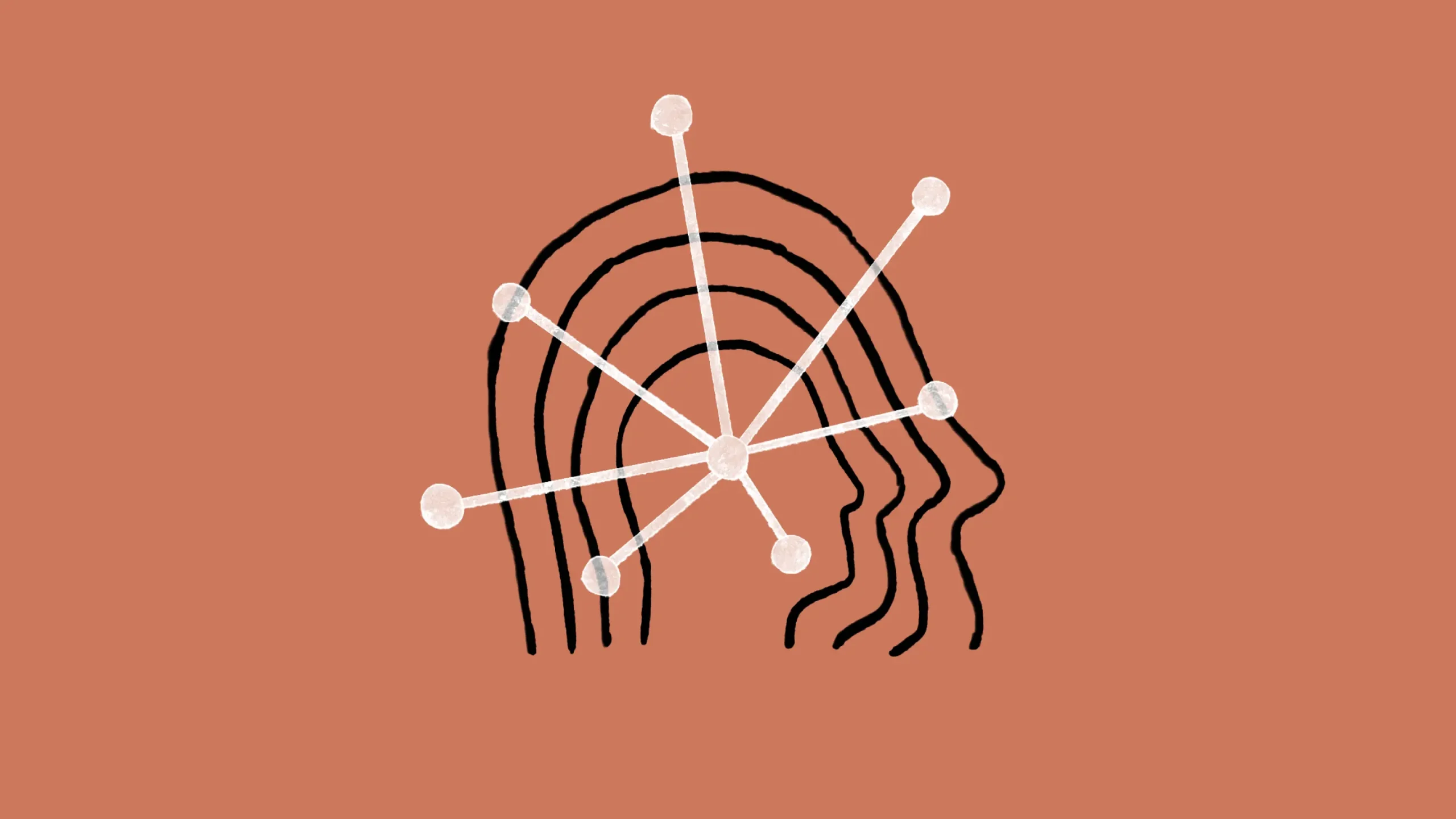Anthropic Claude 3 Opus Beats OpenAI GPT-4 Release Details
Temel Kavramlar
Anthropic's Claude 3 models, especially the flagship Opus, outperform OpenAI's GPT-4 in various benchmarks and offer advanced capabilities for processing complex tasks efficiently.
Özet
Anthropic introduced the Claude 3 model family consisting of Haiku, Sonnet, and Opus. Opus excels as the strongest model, surpassing GPT-4 in benchmarks. The models handle diverse tasks like analysis, content creation, and multilingual conversions effectively. They boast impressive recall accuracy and vision capabilities for processing different formats. The input and output costs vary among models but provide cost-effective solutions for various applications. Availability through APIs and cloud platforms ensures immediate access to these powerful models.
Anthropic Claude 3 Opus Beats OpenAI GPT-4
İstatistikler
Opus showcases near-perfect recall with over 99% accuracy in evaluations.
Sonnet powers the free experience on claude.ai.
Haiku reads through research papers in less than three seconds.
Alıntılar
"The ability to know about you, your email, your calendar...all of that." - Sam Altman
Önemli Bilgiler Şuradan Elde Edildi
by Siddharth Ji... : analyticsindiamag.com 03-04-2024
https://analyticsindiamag.com/anthropic-claude-3-opus-beats-openai-gpt-4/
Daha Derin Sorular
How will the release of Claude 3 models impact the AI industry?
The release of the Claude 3 models, especially Opus, is set to make a significant impact on the AI industry. With Opus outperforming GPT-4 on various benchmarks like MMLU and HumanEval, it showcases superior capabilities in analysis, forecasting, content creation, code generation, and multilingual processing. This advancement signifies a leap forward in natural language processing technology and sets a new standard for performance and efficiency in AI models. The near-instantaneous results provided by these models can revolutionize customer service interactions through live chats, auto-completions, and real-time data extraction tasks. Additionally, their strong vision capabilities for processing visual formats further expand their utility across different domains.
What challenges might arise from relying heavily on advanced AI language models like GPT-5?
Relying heavily on advanced AI language models like GPT-5 poses several challenges that need to be addressed. One major concern is the potential bias present in these models due to the vast amount of training data they are exposed to. Biases can lead to discriminatory outcomes or reinforce existing societal prejudices if not carefully managed. Another challenge is ensuring transparency and interpretability in model decision-making processes as complex neural networks may operate as black boxes making it difficult to understand how they arrive at specific conclusions or recommendations. Moreover, there are ethical considerations regarding user privacy and data security when deploying large-scale language models that have access to personal information.
How can personalized AI models like GPT-5 affect user privacy and data security?
Personalized AI models like GPT-5 have the potential to significantly impact user privacy and data security due to their ability to gather extensive personal information for customization purposes. As these models aim to know more about users' preferences such as email content or calendar schedules for better personalization, there is an increased risk of sensitive data exposure if not handled properly. Users must trust that their information will be used ethically without compromising confidentiality or being vulnerable to breaches or misuse by malicious actors.
Implementing robust encryption methods along with strict access controls can help safeguard user data while still allowing for personalized experiences with AI systems like GPT-5. Furthermore, clear consent mechanisms should be established so users understand how their information will be utilized within these personalized contexts while maintaining control over what aspects are shared with such advanced AI systems.
0
